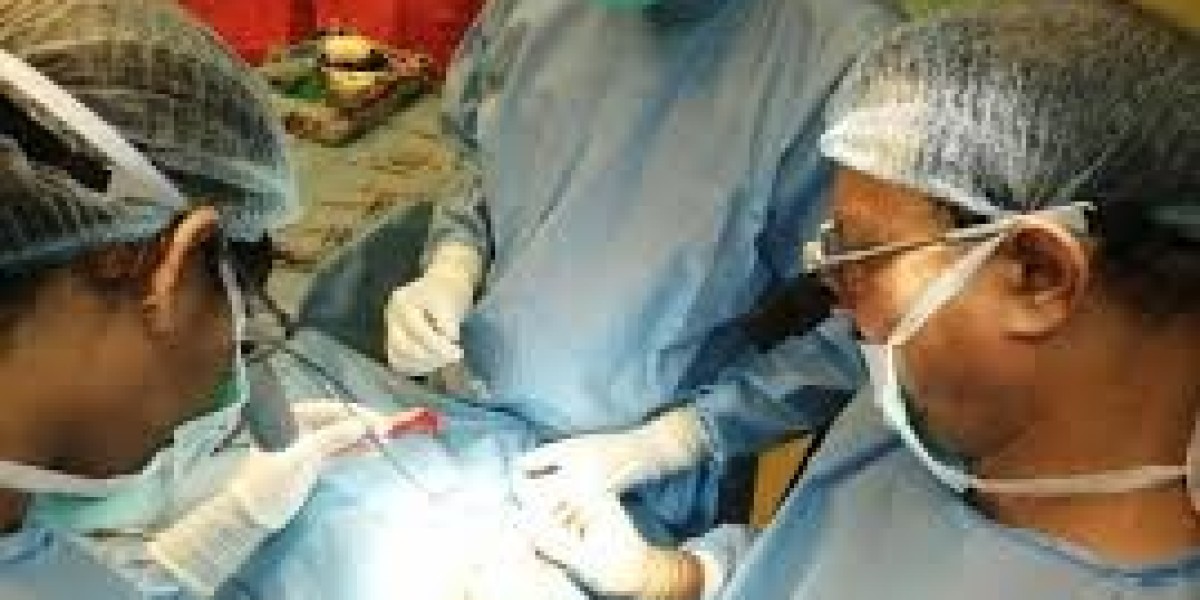Plastic surgery is no longer seen merely as a field for aesthetic enhancement. In recent years, there’s been a growing integration of wellness with cosmetic procedures, with many individuals seeking surgery as part of a broader health and lifestyle improvement plan. Let’s explore how plastic surgery intersects with overall well-being.
Reconstructive Surgery for Trauma and Injury
Reconstructive surgery has played a vital role in helping individuals recover from trauma or injury, and it remains one of the most impactful aspects of plastic surgery. People who suffer from burns, accidents, or congenital deformities can undergo reconstructive procedures to restore functionality and appearance. For example, breast reconstruction after mastectomies, facial reconstruction after accidents, and cleft lip and palate repair are all essential aspects of improving both quality of life and physical health.
This type of surgery plays a significant role in restoring confidence and psychological well-being, as patients regain a sense of normalcy after traumatic experiences.
Liposuction and Weight Loss
Liposuction continues to be a popular procedure for people looking to remove stubborn fat deposits that won’t budge with diet and exercise alone. However, it is important to note that liposuction is not a weight-loss procedure but a body-contouring treatment. It can be particularly helpful for people who are close to their ideal body weight but need help with localized fat accumulation, often around the abdomen, thighs, or arms.
There is growing recognition of the connection between body image and mental health, with many patients seeking liposuction not just for aesthetic reasons but also for psychological wellness. While surgery can provide visible results, it’s essential to combine these procedures with a healthy lifestyle to maintain long-term benefits and avoid the emotional pitfalls of unrealistic expectations.









